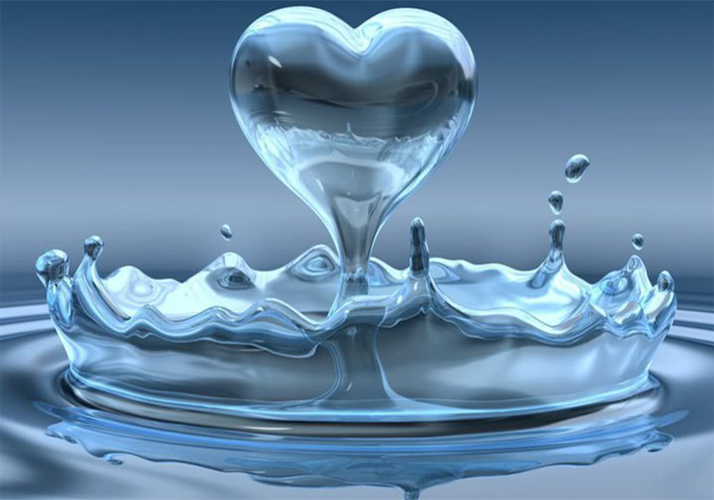Taharah linguistically means cleanliness from physical filth, and it also means purity from sins. From an Islamic perspective it has two meanings:
- Cleaning the actual physical filth, like urine on the body or blood on clothes or feces on ground.
- The action taken (as an Islamic ruling) because of an action that caused impurity, like urinating or an intimate act. Such action could be either ablution (Wudu) or taking a bath (Ghusl), or Tayammum when water is not available.
Importance of Taharah:
Taharah is important because it is a condition for performing the five daily obligated prayers. Islam urged people to be clean at all times as a healthy status of the body and the public. Allah (SW) said: {Indeed, God loves those who are ever-penitent, and He loves those who purify themselves} 2:222.
Who is exempted from Taharah?
The list below is in relation to Taharah being a condition for prayer but in many cases Taharah is required as an ethical and purity status:
- Individuals who are not of sound mind, they are not liable for performing acts of worship.
- Children are also not liable to perform acts of worship.
- People unable to remove impurity because of illness or age.
- People who forgot the status of impurity they were in.
What is used to clean impurity?
Things agreed upon between scholars:
- Water. Allah (SW) said: {Moreover, He sent upon you, from the sky, water to purify you thereby} 8:11.
- Clean objects that remove actual filth. (For example toilet paper)
- Any earth based dirt like sand, mud or dust used to remove the status of impurity by the process of Tayammum.
Things disputed among scholars:
- Pre-used water if color, odor and taste have not changed.
- Squeezed water (like rose water) extracted from pure materials would only be used to remove actual impurity on body, clothes and ground, but not to make Wudu or bathe.
- Water that took color, odor or taste because of containment. (For example water in a clay pot)
- Earth dirt will be pure from the wind and sunshine if dry.
- Tanned animal skins.
By Sh Kifah Mustapha


